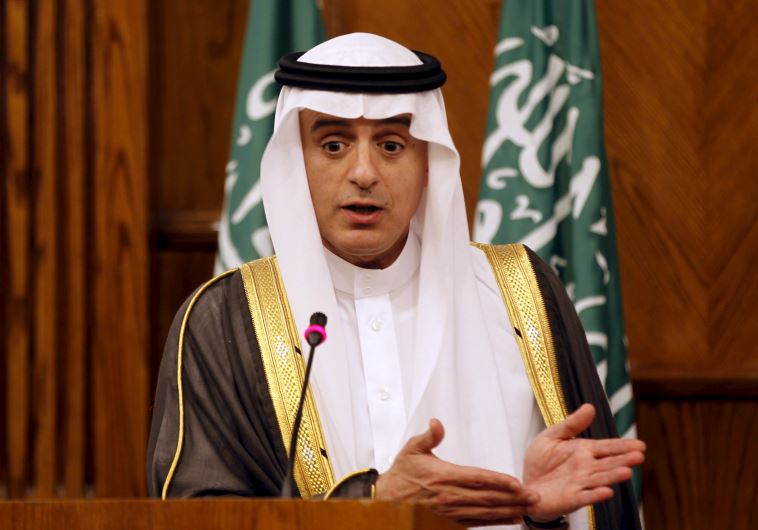Report: WikiLeaks documents reveal Saudi 'obsession' with Iran
According to WikiLeaks documents obtained by the 'New York Times', the Saudis have poured billions into monitoring Iranian activities abroad.
 Saudi Foreign Minister Adel Al-Jubeir speaks during a news conference in Amman, JordanUpdated:
Saudi Foreign Minister Adel Al-Jubeir speaks during a news conference in Amman, JordanUpdated: